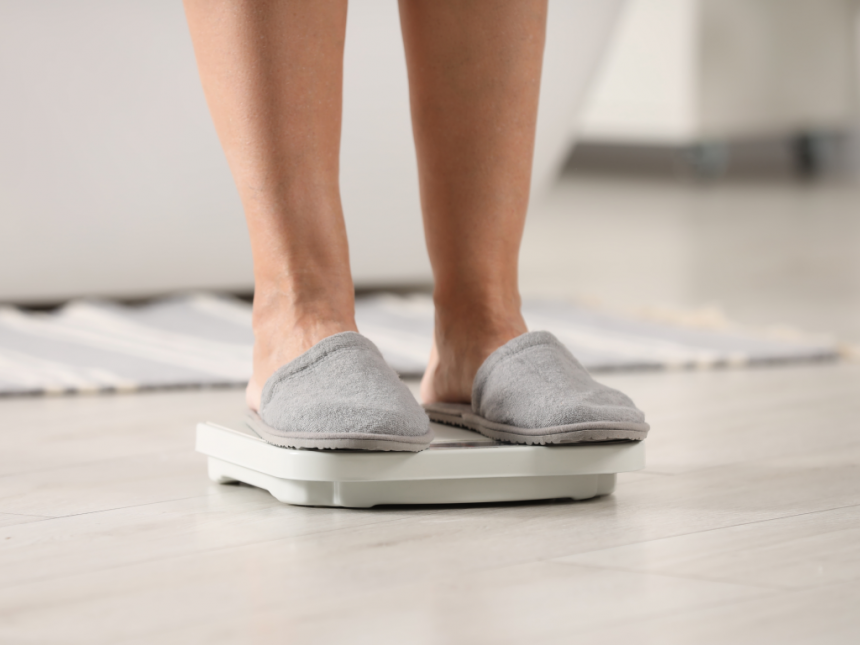Uterine fibroids, although typically benign, can have a significant impact on your body. Symptoms can include pelvic pain, heavy menstrual bleeding, and abdominal weight gain. Understanding the connection between uterine fibroids and weight gain is crucial, as these non-cancerous growths can reach significant sizes, causing physical discomfort and affecting daily activities. Dr. Mache Seibel, a gynecologist, explains that fibroids can grow as large as a melon or basketball, leading to weight gain and bloating, which can further exacerbate fatigue and discomfort for individuals. In this article, we delve into the relationship between uterine fibroids and weight gain, exploring the causes and potential solutions.
These fibroids, which can weigh up to 25 pounds and enlarge the uterus significantly, can contribute to weight gain and bloating. The increased mass of these benign tumors can lead to physical discomfort, fatigue, and reduced physical activity, creating a cycle of weight gain. Understanding the symptoms and impact of uterine fibroids on weight gain is essential for managing these conditions effectively.
First, let’s understand uterine fibroids
Dr. Seibel explains that uterine fibroids are abnormal growths within the uterus, similar to knots in a pine tree. These fibroids can vary in size and location, affecting the uterus muscle and surrounding organs. It’s estimated that a significant percentage of individuals with uteruses experience fibroids, with higher rates among certain demographics, emphasizing the importance of awareness and early detection.
What are symptoms of uterine fibroids?
Symptoms of uterine fibroids can range from asymptomatic to severe, depending on the size and location of the fibroids. Common symptoms include pain during intercourse, fatigue, and abdominal discomfort. Understanding how fibroids impact bodily functions and organs can help individuals manage their symptoms effectively.
Fibroids located near the bladder or rectum can cause urinary frequency or constipation, while those in the uterine lining may lead to abnormal bleeding. Recognizing these symptoms and seeking medical advice is crucial for addressing the underlying causes of discomfort and weight gain.
How do uterine fibroids cause weight gain? What is fibroid belly?
As fibroids grow, they can contribute to weight gain and bloating due to their increasing mass. Fibroid belly, a term used to describe abdominal distention from fibroid growth, can impact physical appearance and overall well-being. Understanding the mechanisms behind fibroid-induced weight gain can help individuals make informed decisions regarding their health and treatment options.
Managing weight gain associated with uterine fibroids involves adopting a healthy diet and lifestyle. Dr. Seibel recommends a natural-based diet rich in whole grains and vegetables to control fibroid growth. In some cases, surgical intervention may be necessary to remove fibroids or the uterus. Consult with a healthcare provider to explore treatment options tailored to your needs and preferences.
Various treatment options exist for uterine fibroids and their associated weight gain, emphasizing the importance of individualized care. By discussing your concerns and goals with a healthcare provider, you can develop a comprehensive plan to address fibroid-related symptoms and weight gain effectively, ensuring optimal health and well-being.






